Cristina Nedelcu – World Champion in Aerobic Gymnastics
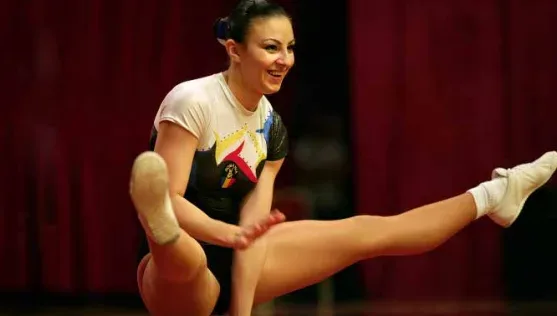
Interview with Cristina Nedelcu, gold medalist at the World Aerobic Gymnastics Championships
3 gold medals at the World Championships, 2 gold medals at the European Championships, 2 gold medals at the World Games, and 6 gold medals at the National Championships. These are the jewels with which Cristina Nedelcu’s hard work, dedication, and perseverance were rewarded.
Gymnastics attracted you from a young age, and names like Lavinia Milo?ovici or Simona Amânar represented reference points in your evolution as an athlete. How did your “journey” in the world of gymnastics begin?
Children are generally very energetic. This prompts parents to find various ways for their children to positively channel their energy. At the age of 4, our parents guided my sister and me towards the gymnasium to use our dynamism constructively. What started as play gradually turned into something serious, and thus our steps were guided towards the Olympic Gymnastics Center in Deva, where training became a way of life.
I dreamed of being Nadia… but the universe had other plans for me. Following a serious injury, doctors advised me to give up sports. However, with the passion ingrained in my blood, there was no chance of staying away from the sports hall. I resumed training in another branch of gymnastics, namely Aerobic Gymnastics.
Behind each won medal, there is a lot of hard work, dedication, perseverance, passion, and yet, some medals are dearer to you than others, based on certain moments correlated with specific events. Which are those medals?
Indeed, although I managed to accumulate throughout my career, among others: 3 gold medals at the World Championships, 2 gold medals at the European Championships, 2 gold medals at the World Games, and 6 gold medals at the National Championships, the silver from Ulm and the bronze from this year are the dearest medals to my heart.
During the 2008 World Gymnastics Championships in Ulm, in the individual event final, the Brazilian competitor who had qualified in first place announced her withdrawal due to technical reasons. My disappointment was immense because I wanted to compete against the best and win the gold medal, and the withdrawal of the Brazilian gymnast would have made the experience incomplete.
Things were rectified, and ultimately, this gymnast competed in the final. The confrontation was a spectacle, with her finishing in first place, and I won the silver medal. Amazing moments!
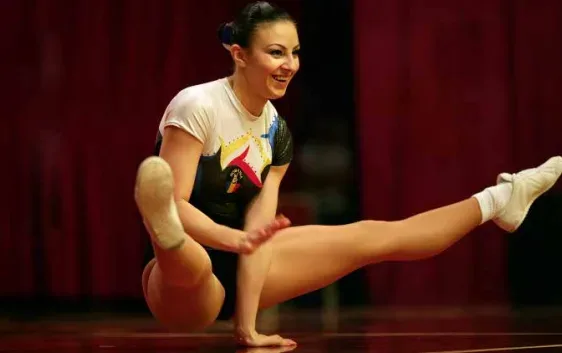
Another medal that is very dear to me, with a special emotional charge, is the bronze I won this year at the World Championships. At the age of 31, just one week before the competition, my father passed away. Despite that, I performed and placed third, winning the bronze medal.
This medal marks the end of a long series of medals won over time because it represents my definitive withdrawal from competition.
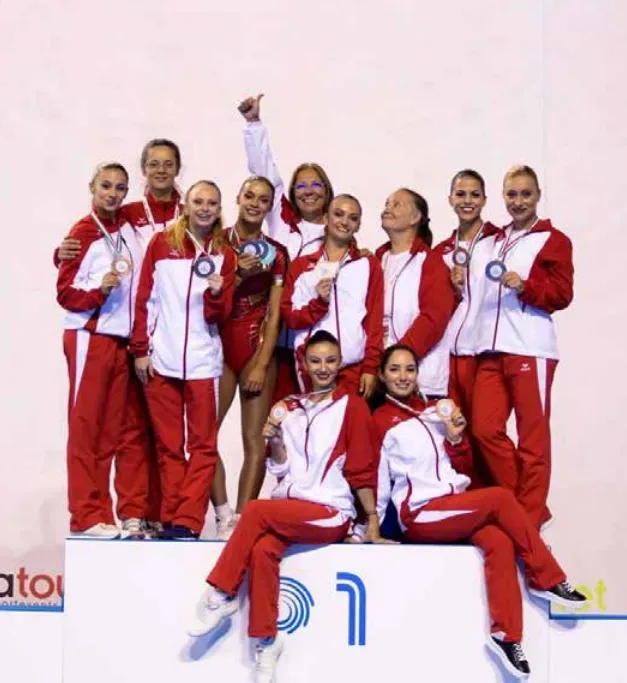
To excel, regardless of the field, requires certain sacrifices. Do you feel that you sacrificed some things in favor of performance?
I believe I have always been aware of the choices I made, and I have never felt that I “sacrificed” something. I simply preferred what I was building in the long term over momentary pleasures. The sports equipment of the Romanian national team members became, in my perception, like Superman’s cape.
When I was younger, I visualized the moment when I would be selected for the Romanian national team and receive a sports costume with the word “Romania” written on it. I am aware that it sounds funny, but we wore it like armor. We were proud champions of the world gymnastics elite, and we proudly raised the Romanian flag at every international competition.
Sport “nurtures” you not only to be disciplined but also many other qualities. What are these qualities, and how do you think they help you in your professional and personal life?
To answer this question, I could write a novel, but I will try to compress everything into a few sentences.
The idea is often circulated that sport disciplines you. However, I believe that we need to delve a little into what this discipline means and why it is so necessary in our lives, especially in the lives of children.
I believe it is about inner order, primarily. By practicing sports from a young age, you learn certain management skills. Unconsciously, of course, you become very good at carefully managing your time, always having a well-organized schedule.
Dealing with failure is another essential skill that sport “gets you in touch with” and as I was referring to children, those who don’t learn to “pick themselves up” after falling and realize what they have to do to avoid a second one falling into the same situation, these children are the future adults who, later on, will give up too easily, be depressed and distrustful in everyday life.
Sport trains the body even if it is not practiced at a performance level. Can you set realistic goals for yourself and periodically assess how close you are to achieving them?
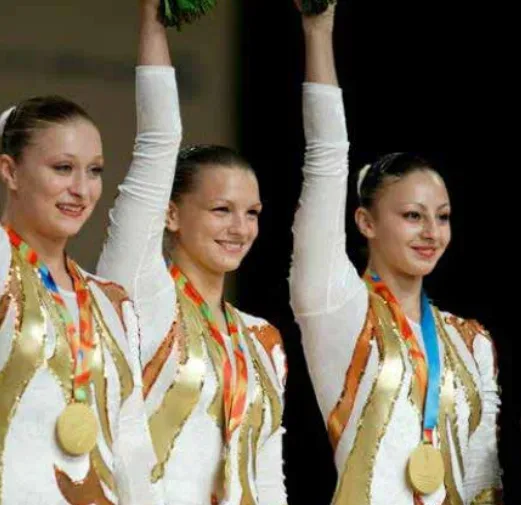
I believe it is essential for children to learn from a young age that every failure represents a lesson to be learned. Giving up is not a solution; we should always focus on finding suitable solutions for each situation.
Fair play is also a quality that one learns by practicing sports. Learn to be an integral person!
Regarding children, studies show that motor skills are correlated with emotional intelligence and the ability to concentrate attention, for example, at school. So, I am in favor of integrating sports into children’s lives.
The qualities that can be listed are integrity, a healthy tolerance for failure, and ambition.
You mentioned that you are a team player. How do you perceive or describe competitiveness?
I love working in a team, although I know that sometimes it can be very challenging. Generally, I have a fast pace of learning new things and putting them into practice, which is why teamwork has always been a challenge and a joy for me (although I admit, not always).
I enjoy being around people, serving them, helping them, guiding them, and being their teacher. To reach this stage, I had to first “discover” myself, constantly work on becoming a better version of myself, and learn new “tips” about my profession constantly.
Competitiveness is welcome if it is primarily with yourself and then towards another “competitor.” In my opinion, if you are not competitive, it means you are not interested in progress/evolution.
You advocate for parents to educate their children to exercise from a young age. How important is it for parents to understand that sports are beneficial to health and motivate their children in this direction?
I advocate for sports/physical activity to start at a young age.
Around the age of 4 months, children begin to support their heads on their own, and parents can feel more confident in handling them. There is a wide range of exercises that parents can perform with their babies to help them strengthen the muscles that support their spine.
Swimming is also an extremely beneficial method through which children can experience complex physical and cognitive development. My recommendation is that at least one of the parents actively engages in physical activities with the child. Whether it’s a simple ball game to develop hand-eye coordination or going together to the swimming pool.
An active parent is the first positive role model in this regard for their child and will instill healthy habits in them.
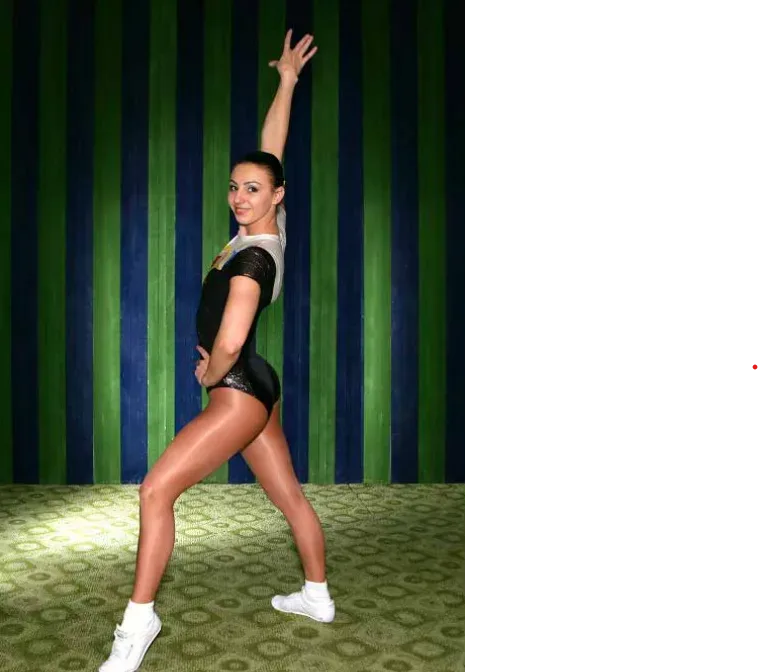
You have interned at The Little Gym in London. What is it like to work with children aged 4 months to 12 years? How do parents perceive the idea of “parent-child” training?
I have always wanted to know as much as possible about children’s developmental stages, their needs, and how we can help them. I decided to delve into the methods recommended by specialists such as psychologists and kinesiotherapists, methods that are useful in educating and helping children grow and develop harmoniously and healthily. All because I love children and I wish to become a wise mother when the time comes.
When I discovered The Little Gym program, I was over the moon. I consider myself lucky because I had the opportunity to work in one of the largest centers in London, alongside professionals who were my mentors.
The franchise was brought to Romania, and shortly after, I had the pleasure of instructing and leading my own team. Alongside my colleagues, we managed to bring joy to the parents and children we worked with, witnessing their physical and cognitive transformation and progress from month to month.
The program was very comprehensive, based on gymnastics in a fun and playful form, with parts of the lessons dedicated to children’s intellectual development, all in a safe and colorful environment where children felt free to explore their motor skills and more.
I can say that this period prepared me for the role of a mother and brought me happiness. Children are magical!
You are involved in social actions aimed at educating and integrating underprivileged young people through The Social Incubator Association. What are these activities, and what is your role within the association?
Through Adriana Preda, the Executive Director, I had the opportunity to meet The Social Incubator team this year, and I was impressed by their mission, vision, and approach regarding the support for underprivileged youth in Romania.
The association was founded in 2014 by a group of five friends, professionals in various fields, who, in just four years of activity, managed to build a team of people with fantastic ethics and make a tremendous impact in supporting the education and professional integration of young people leaving the child protection system in Romania. They offer activities such as vocational and psychological counseling, personal and professional development workshops, exploratory visits, mentoring and tutoring, internships, and eventually finding a suitable job according to each individual’s potential.
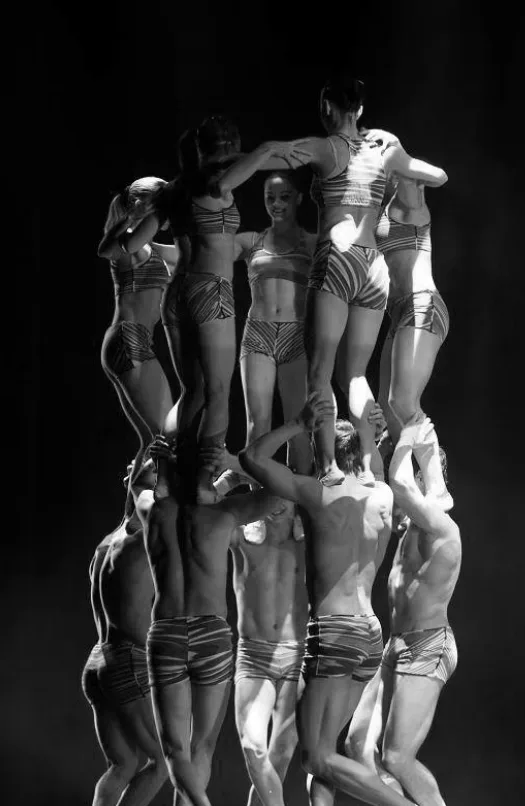
The Social Incubator Association was awarded the Social Responsibility Prize at the French Chamber of Commerce Gala in Romania in 2017.
I was invited by Adriana Preda to participate in a monthly event where professionals from different fields come to share their experiences with the youth. I presented my life experience, being far from my parents, and how I reached the pinnacle of the world gymnastics podium. That night, speaking in front of so many people about my life experience for the first time, I felt the need to get more involved, to contribute more to the education and support of underprivileged children in Romania. And jokingly, I would say that in that evening, I was the most inspired person by my own speech.
I realized that my occasional involvement was not enough, and I decided to dedicate myself entirely to the cause, joining the team as a Corporate Fundraiser.
Tell us about your experience with Aeros, a company composed only of Romanian gymnasts, specifically the rhythmic gymnastics team, and how it was to work with three of the most renowned choreographers from America – Daniel Ezralow, Moses Pendleton, and David Parsons, who conceived this unique show in the world.
At the age of 18, I became a member of the senior national team of Romania and joined the Aeros company.
I love challenges, and although at first, I didn’t understand what my mission would be in this team, I quickly found my role and embarked on my first tour – Milan 2005.
The feelings I experienced when the curtain went up were overwhelming – a mixture of ecstasy, fear, joy, adrenaline, and enthusiasm, and tears tried to make their presence felt. The amphitheater was packed, and applause began to pour.
We had over 400 shows around the world: Asia, Europe, Australia, and America. The theaters were always full, and at the end of the show, people would stand up to applaud us, and sometimes we had to return to the stage two or three times because the applause wouldn’t stop.
As I talk about all these experiences now, I relive the moments and feel emotional. Spectators would wait for us outside to ask for autographs, and while we signed humbly, we were also saddened that the world appreciated us, but in Romania, no one had heard of Aeros.
Unfortunately, in Romania, no full show was performed; only fragments from various shows were presented.
We performed in plays such as Macbeth and Faust at the International Opera and Operetta Festival in
Italy – Macerata, where we had the honor to work under the guidance of the great choreographer Gheorghe Iancu.
The Aeros tours were the times when we were artists, and outside the tours, we were world champions, constantly striving to maintain our gold medals. Training was an integral part of our lives, so in the absence of a sports hall, we trained on the theater stage, in the parking lot, at the airport, or even on the plane. We never missed an opportunity to try to improve something.
I would describe the Aeros experience as a beautiful dream!
How do you see yourself at the age of 50+?
I have never tried to imagine myself in that position, but trying to envision “myself at 50+”, I see myself dressed as an ethereal ballerina, surrounded by children, devoted to educating them in any way possible.
Mihaela Fitzpatrick
Mihaela Fitzpatrick este Directorul și Fondatorul FormaSheFitness, unde supervizează afacerea și brandul pe întregul spectru de platforme online, digitale și print. Cu o experiență de peste 10 ani în industria wellness-ului, Mihaela se dedică scrierii, editării de conținut, gestionării proiectelor online și dezvoltării strategiilor de social media. Este absolventă a European School of Economics din Londra, unde a finalizat un program postuniversitar în Event Management, și, totodată, absolventă a Universității Româno-Americană, unde a absolvit un Master în Administrarea Afacerilor în Turism, precum, a obținut și o licență în Drept. Mihaela este responsabilă de gestionarea tuturor activităților corelate cu FormaSheFitness, inclusiv: Redactarea, editarea și publicarea conținutului aferent revistelor tipărite și online, bannerelor și videoclipurilor. Organizarea de evenimente, planificare și prezentări, inclusiv călătorii în diverse orașe și locații pentru evenimente, crearea de rețele și dezvoltarea oportunităților de afaceri. Organizarea și gestionarea tuturor filmărilor și shooting-urilor, selectarea locațiilor, crearea conceptelor, alcătuirea echipei, supravegherea filmărilor, shooting-urilor, selectarea și editarea conținutului pentru revista hard print și online, ori pentru contentul online. În momentele în care nu este implicată în munca dificilă de construire a afacerii, de gestionare și generare de idei noi pentru FormaSheFitness, Mihaela explorează lumea, călătorește alături de Shiba Inu-ul său, “Foxy”, și “așterne pe tastatură” experiențele dedicate călătoriilor fit și excursiilor prietenoase cu animalele de companie. Mihaela are un stil de viată activ și iubește activitatea fizică sub toate formele sale – exerciții fizice, inclusiv antrenamentele la domiciliu, în sală și în mijlocul naturii. Crede cu tărie, că sănătatea și fitness-ul ar trebui să fie o plăcere și susține importanța de a nu fi, doar, în formă și sănătoși, ci, și de a evidenția acest aspect. Site-ul FormaSheFitness, revista și magazinul online au fost create pentru femeile moderne și active, care apreciază sănătatea fizică și mintală, fitness-ul, frumusețea, sportul, moda în fitness și călătoriile sănătoase.
Recent Posts
Related Articles
CrossFit exercises practiced outdoors or at home
Concentration and discipline are indispensable for succeeding in any training program, regardless...
July 27, 2023Health guide for “ageless” women
Discover the Benefits of Physical Exercise and the Best Types of Training...
July 27, 2023Home-Based Pregnancy Workout in Comfort
The Benefits of Prenatal Home Workout The way we interact with people...
July 10, 2023Supplementation with Vitamins and Minerals
Essential nutrients for the body The macronutrients and micronutrients are essential for...
July 10, 2023

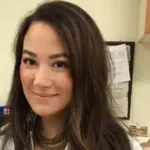

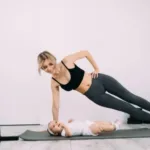
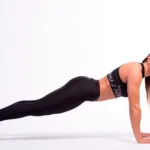
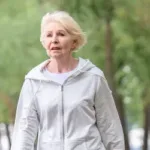

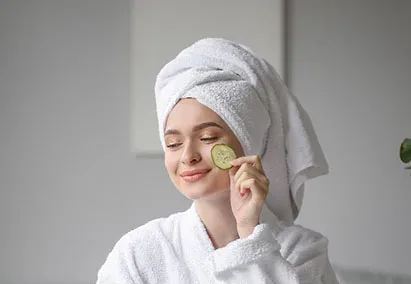
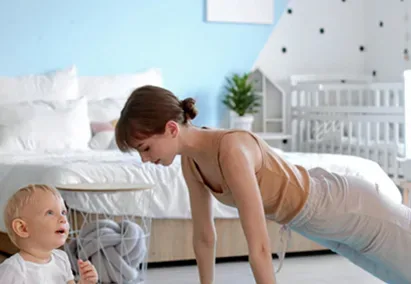



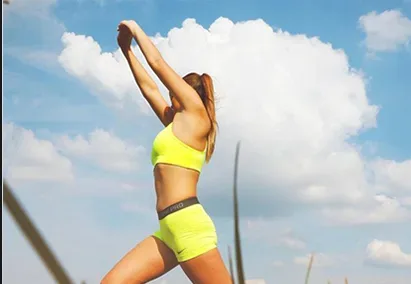
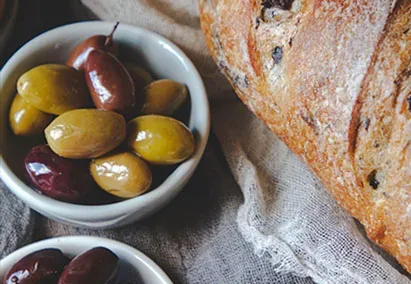
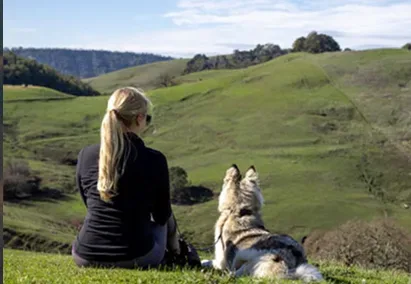

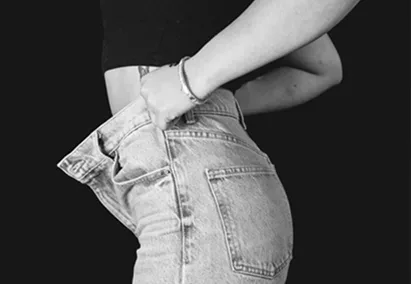


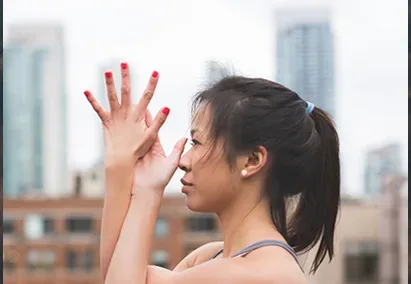

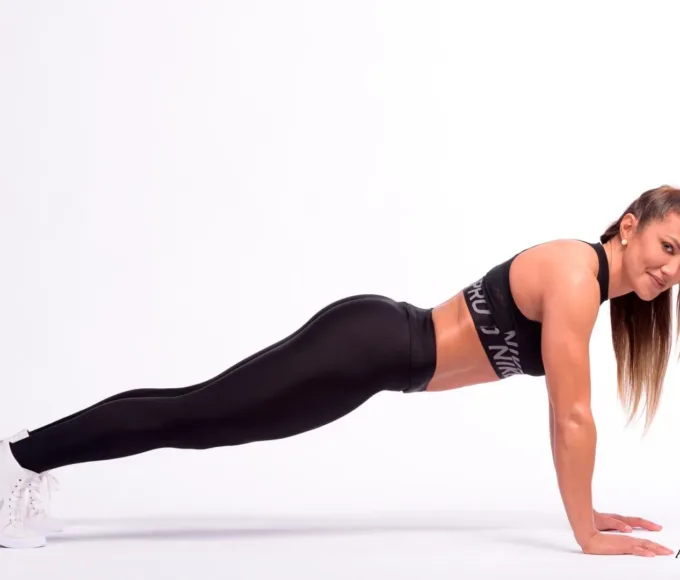
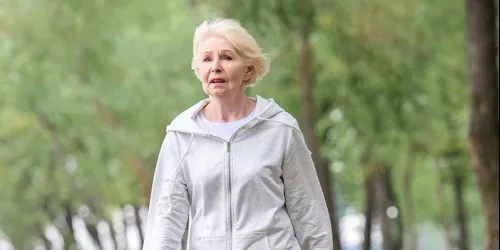


Leave a comment